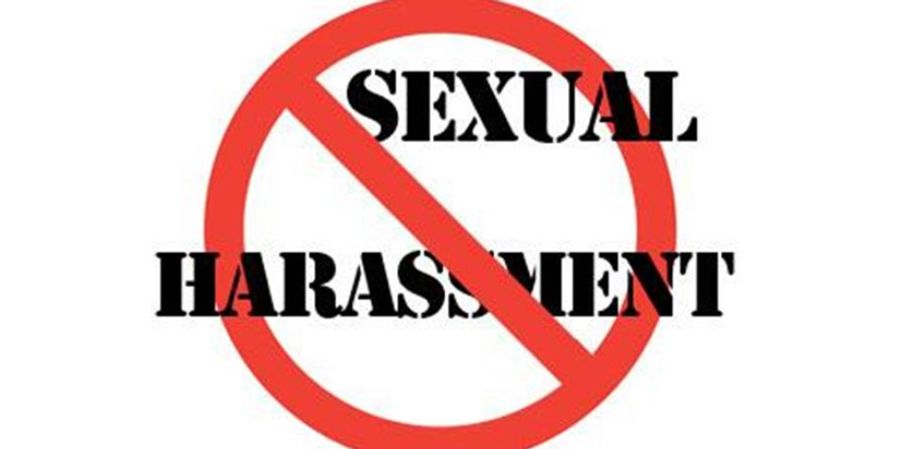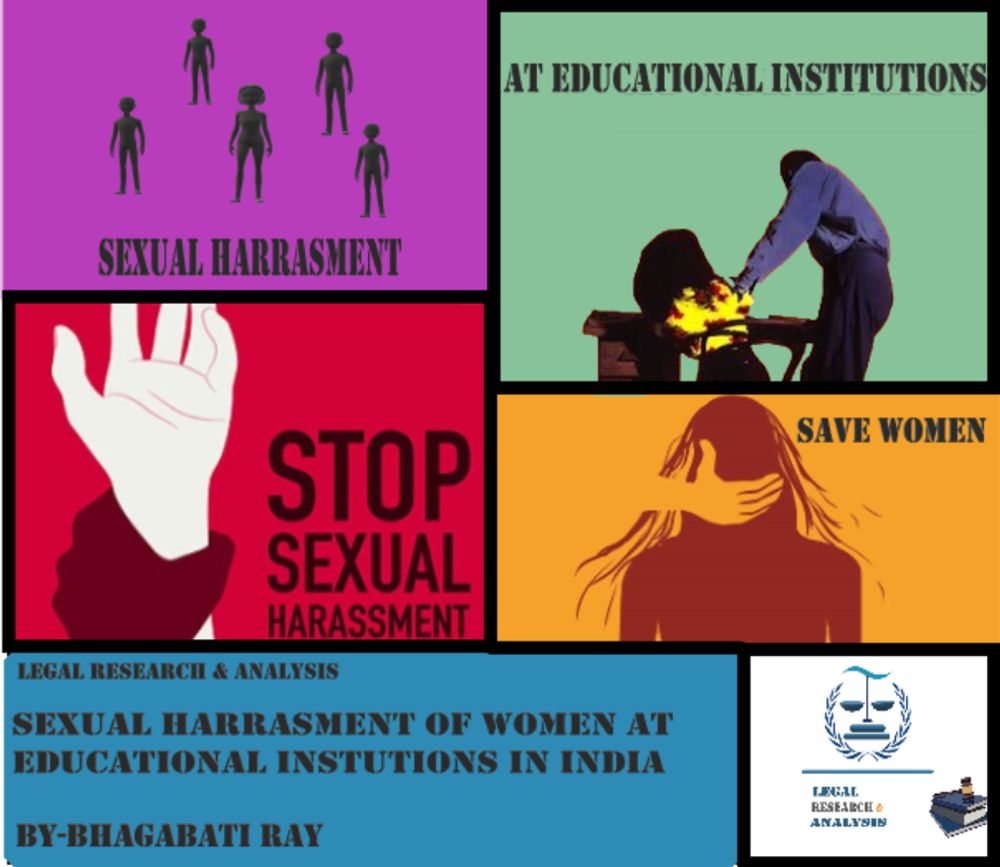


In an emerging Indian economy , as more and more women have started to work, the malady of sexual harassment at the workplace has reared its ugly head in several fields.

With regards to lewd behavior at work environment, legal activism arrived at its top on account of Vishaka Vs. Province of Rajasthan. The judgment was remarkable for some reasons:
1.the Supreme court recognized and depended generally on global settlements that had not been changed into civil law;
2.the Supreme court gave the first legitimate meaning of 'lewd behavior' in Quite a while;
3. defied with a legal vacuum, it went inventive and proposed the course of 'legal enactment'.
The trigger that prompted a PIL being documented in regard of the vishaka case was the assault of a social specialist of Rajasthan . Bhanwari Devi was a saathin , a grass-roots laborer and lobbyist , utilized in the Women's Development Project of the public authority dispatched a mission against youngster marriage ,regarding which WDP representatives convinced residents to relinquish the training , which was and still is uncontrolled in Rajasthan. Bhanwari Devi made a vivacious endeavor to forestall the marriage of a one-year old young lady, however to no end. What followed was a finished breakdown of the institutional hardware in Rajasthan. The residents annoyed, compromised and boycotted her. Then, at that point in September 1992, five residents assaulted her within the sight of her better half . She looked for equity, however confronted endless obstacles from the police specialists. The preliminary court in Rajasthan went on and absolved the five denounced.

This prodded a gathering of five NGO's, under the name 'vishaka' to document a Public Interest Case in the High Court looking for nitty gritty bearings on how lewd behavior of ladies at the work spot could be forestalled through legal interaction. Since there was no enactment in India identified with lewd behavior at the work environment , the court expressed that it was allowed to depend on the Disposal of All Types of Oppression Ladies (CEDAW-endorsed by india in 1980) in deciphering Articles 14,15,19 and 21 of the Constitution. To legitimize its choice the court alluded to a few sources including the Beijing Proclamation of Standards of the freedom of the legal executive , a choice of the great court of Australia and its own prior choices. Vishaka likewise mirrored a useful connection between worldwide pledges and metropolitan courts. Since Vishaka , the SC needed to depend significantly upon multilateral deals, especially those shaping piece of the int. bill of rights, due to the significant stretch of authoritative idleness in circles of contemporary importance. Given that all choices of the SC are treated as law under Article 141 of the const. , the rules gave by the court in Vishaka stopped an administrative vaccum.






















